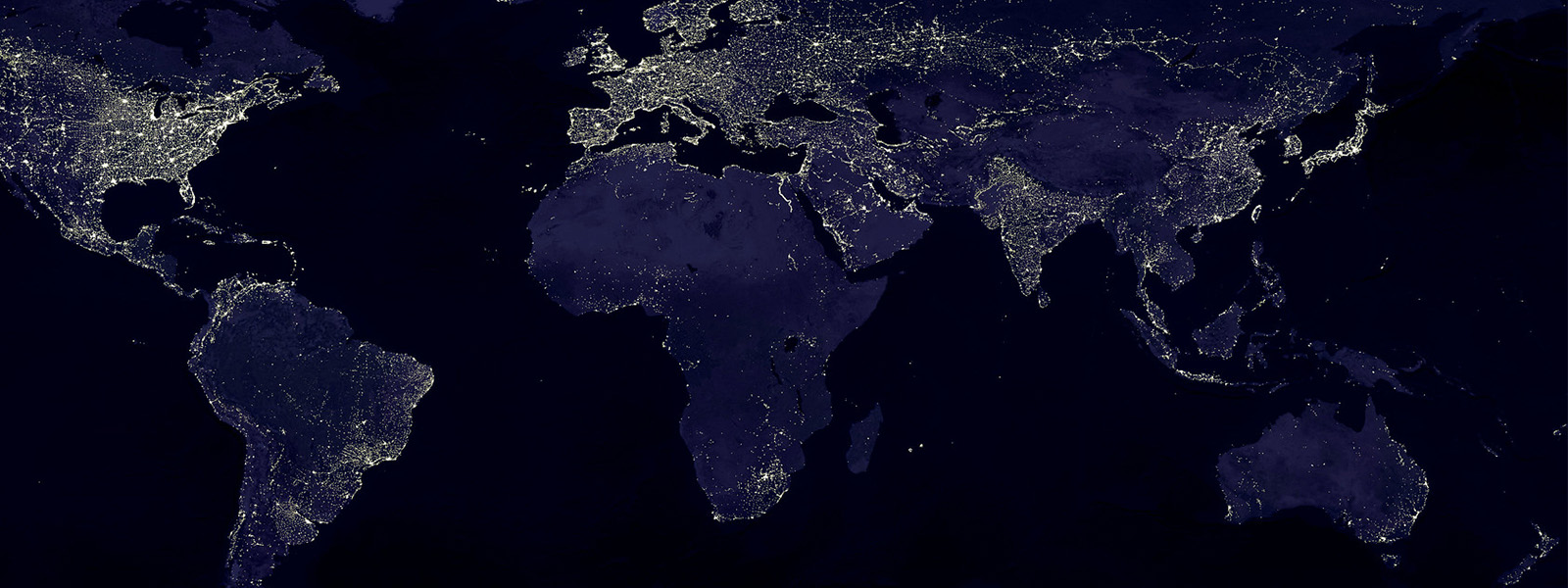The 2021 edition of the Tracking SDG7 : Energy Progress Report suggests that the attainment of SDG7.1a: Ensuring universal access to electricity is off track and although some progress has been made in other regions; Sub Saharan Africa remains one of the two regions with the largest access to electricity access gap. Other Access to Electricity Analysis, highlight that the Covid pandemic has led to significant disruptions around access to electricity, including halted progress and in fact a progress reversal in most cases. Thus, resulting in additional pressures on the already low energy purchasing power of households in developing countries.
One of the longstanding obstacles to sustainable economic development and growth in Nigeria, as is the case in many other developing countries, continues to be those related to the disproportionate distribution of electricity, interrupted electricity supply, and power outages. It is estimated that around 85 million people (43% of the total population) in Nigeria lack access to grid electricity, ranking Nigeria 131 out of 190 countries in terms of electricity and access to electricity. Several national policies, programmes, and strategies (e.g., Power Sector Recovery Program) have been developed to improve and enhance electricity distribution focussing on infrastructural development and retrofitting activities around on- and off-grid solutions, mostly driven by further large-scale investments in renewable energy solutions.
Consistent monitoring and assessments necessary for Nigeria to close access to electricity gap
However, national-oriented and territorial continuous and consistent monitoring as well as assessments are necessary for Nigeria to effectively track any action(s) intended to support electricity distribution and closing the access to electricity gap. They can help provide a clearer picture of the progress achieved (or not). Such insights are crucial if both national and international decision-makers are to better understand the scale of the challenge and in turn, identify the appropriate pathways, incentives, and strategies to not only close the access to electricity gap but to also ensure that it is sustained overtime. In this regard, an underlying and longstanding challenge for Nigeria is that of insufficient and unreliable data for tracking and monitoring the progress of access to electricity and in fact for other sustainable development objectives more generally.
Using Satellite Night Lights (SNLs) to assess progress on access to electricity
Through a StrathWide funded multidisciplinary research project we provide intelligence and evidence that demonstrate how satellite data and imagery, particularly Satellite Night Lights (SNLs), which are internationally recognised and accepted databases, can be used to develop, improve, and strengthen national systems for tracking, monitoring, and assessing the progress (or not) on access to electricity. In addition, we explore how SNLs interact with human and socioeconomic development indicators (e.g., population, poverty, and household consumption) to better demonstrate the implications of slow and/or delayed progress in closing the access to electricity gap in Nigeria.
Our research findings indicates that only limited progress has been accomplished, and there is still substantial evidence of disproportionate distribution of electricity across the nation, with most of electrical visibility concentrated in the Southern regions, state capitals, and industrial hubs. Crucially, policy challenges, considerations and trade-offs emerge. On one hand, is the need to address the issue of abandoned and incomplete electricity projects and the slow pace in diversifying the energy mix in a way that facilitates the shift from the high reliance on fossil fuels and how these balance (or not) against the new and proposed recovery projects focussing on accelerated renewable energy deployments to enable sufficient, reliable, and sustained electricity supply and distribution. On the other hand, is the challenge of ensuring that closing the access to electricity gap in Nigeria is done in a way that is just, fair, and equitable, with no part of society becoming worse-off or excluded. Ultimately, in both cases and regardless of whatever strategies are adopted, policy frameworks need to be accompanied by appropriate analysis for tracking, monitoring assessing progress, where SNLs and satellite data more generally can play a critical role in informing policy and other key stakeholders.
